Roses decimated by fungus- what do I do now?
rubystheory
13 years ago
Related Stories

WINTER GARDENINGPruning Secrets for Exquisite Roses
Encourage gorgeous blooms year after year with this time-tested advice on how to prune your rosebush in winter for health and shape
Full Story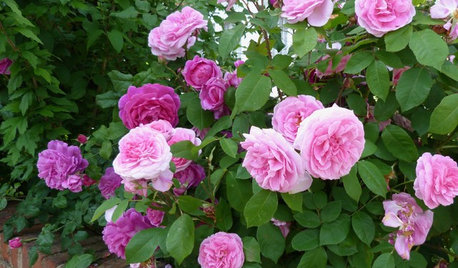
GARDENING GUIDESWhat Kind of Roses Should You Grow?
Want to add the beauty of roses to your garden? Find out which ones, from old-fashioned to modern, are right for you
Full Story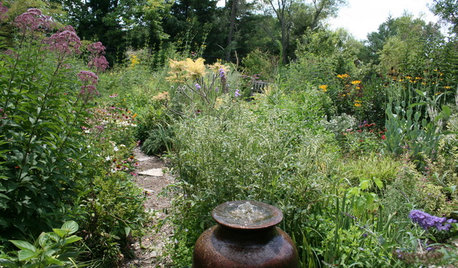
GARDENING GUIDESHow I Learned to Be an Imperfect Gardener
Letting go can lead to a deeper level of gardening and a richer relationship with the landscape. Here's how one nature lover did it
Full Story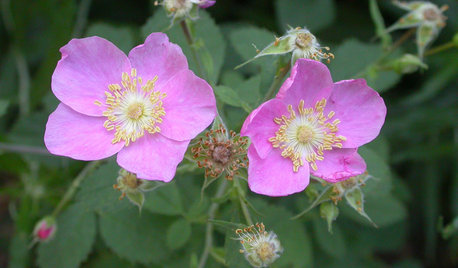
GARDENING GUIDESGreat Design Plant: Rosa Californica
Plant California wild rose for easy care and a touch of romance in your native garden
Full Story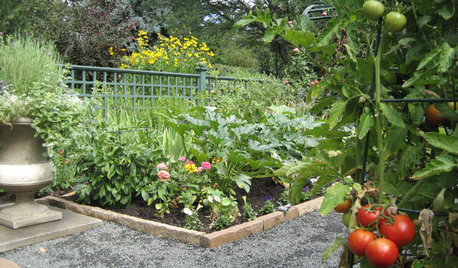
GARDENING GUIDESPacific Northwest Gardener: What to Do in June
Now's the time to prune pines and vines, prevent pests and buy June-blooming plants to keep your garden healthy and beautiful
Full Story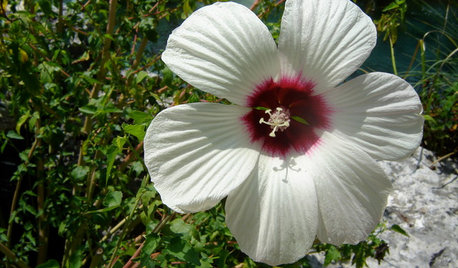
GARDENING GUIDESGreat Design Plant: Hibiscus Moscheutos
Crimsoneyed rosemallow is an ideal flowering perennial for wet sites and is ready to propagate now
Full Story
GARDENING GUIDESNew Ways to Think About All That Mulch in the Garden
Before you go making a mountain out of a mulch hill, learn the facts about what your plants and soil really want
Full Story
GARDENING GUIDESLet Lilac Love Flower This Spring
Whatever you bestow or receive for Mother's Day, lilacs can be an unmatched gift in the garden in May
Full Story
FALL GARDENING7 Reasons Not to Clean Up Your Fall Garden
Before you pluck and rake, consider wildlife, the health of your plants and your own right to relax
Full Story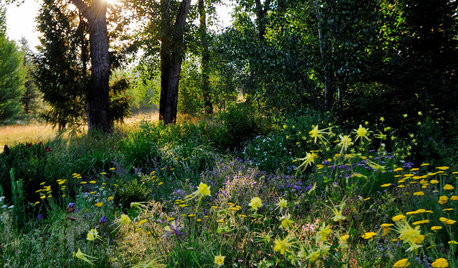
NATIVE PLANTSWhy Aggressive Plants Might Actually Be Your Friends
Sometimes a garden thug is exactly what’s called for
Full StorySponsored
Columbus Area's Luxury Design Build Firm | 17x Best of Houzz Winner!







mad_gallica (z5 Eastern NY)
rubystheoryOriginal Author
Related Discussions
Goats pruned roses what do I do now?
Q
What have I done? And what do I do now?
Q
I think my tomato plant has a fungus, what do I do about it?
Q
Got some, now what do I do with it?
Q
zack_lau z6 CT ARS Consulting Rosarian
starinasgarden
rubystheoryOriginal Author
dublinbay z6 (KS)
mad_gallica (z5 Eastern NY)
teka2rjleffel
sammy zone 7 Tulsa
peachymomo
henry_kuska
lagomorphmom
zack_lau z6 CT ARS Consulting Rosarian
User
Krista_5NY
rubystheoryOriginal Author
professorroush
sage_co
henry_kuska